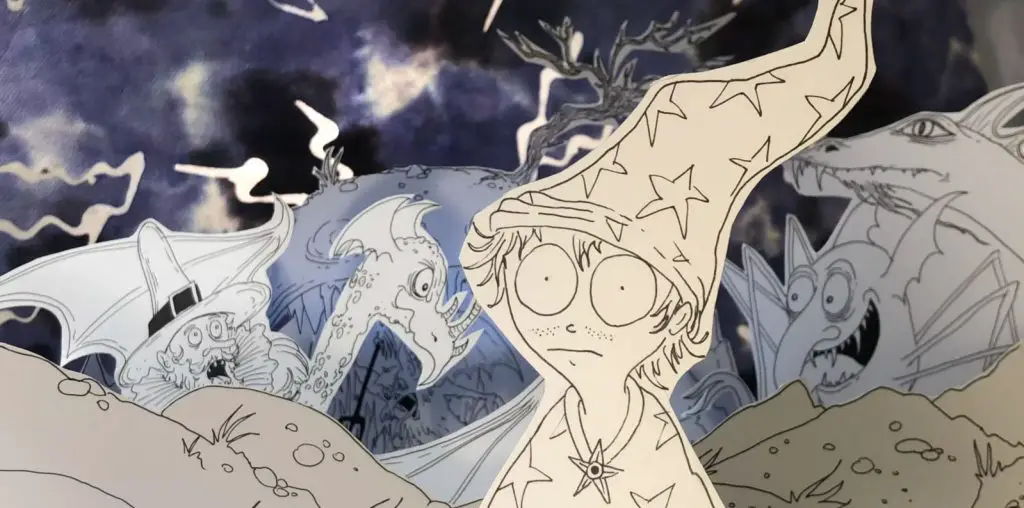
“The Great Water” comes to us from Macedonia and it recalls an unpleasant chapter of that nation’s history when it was a part of Communist Yugoslavia. Set in 1945, immediately after World War II, the film details the treatment of children at a state-run orphanage populated with the children of those considered to be enemies of the Communist regime. Into this world comes 12-year-old Lem Nikodinoski, who was literally hunted down by soldiers in an open field and transported to the one-time-factory which houses scores of dirty, malnourished youth.
Orphanage life is strictly political: the youngsters are to be programmed to embrace the Stalinist form of Communism which was touted in Yugoslavia of 1945 (this was before Tito broke with Stalin and established his own Marxist ideology). The routine for Lem becomes fairly miserable, except for some nice distractions: the pretty wife of the strict warden and a 13-year-old girl named Olivera who is the warden’s pony-tailed assistant. Lem has few friends until an angelic 13-year-old named Isak shows up. The two boys bond immediately, yet both find their own personal pursuits: Lem as a budding scholar and Isak as the potential boyfriend of Olivera. Lem, though, becomes jealous of Isak’s infatuation with Olivera and that leads to a foolish action in which Isaac is falsely accused of vandalism and in punished brutally.
“The Great Water” is framed in a somewhat clumsy manner in which the elderly Lem, who grew up to be an important Macedonian politican, is being wheeled about a hospital after suffering a heart attack. The film is supposed to be his memories of what transpired years earlier, and in the film to elderly Lem gets to meet himself as a child. But this dilutes the effectiveness of the story, since we already know Lem’s fate in advance and there is no genuine surprise at what becomes of his character.
The film is handsomely produced and the young cast, particularly Maja Stankovska as Isak, provide strong performances. But director Ivo Trajkov has a difficult assignment, since any film on the mistreatment of children is bound to create high levels of discomfort. “The Great Water” is grim and frequently depressing, and despite the artistry of its framing it nonetheless is a very difficult movie to endure.
As a side note: “The Great Water” was a co-production of Macedonian, Czech and American companies. The film was edited in Prague and its Dolby Digital mix also took place in Prague. The Digital Intermediate was made in Denmark and the music mix and final release print was manufactured in London. How’s that for a convoluted production?


